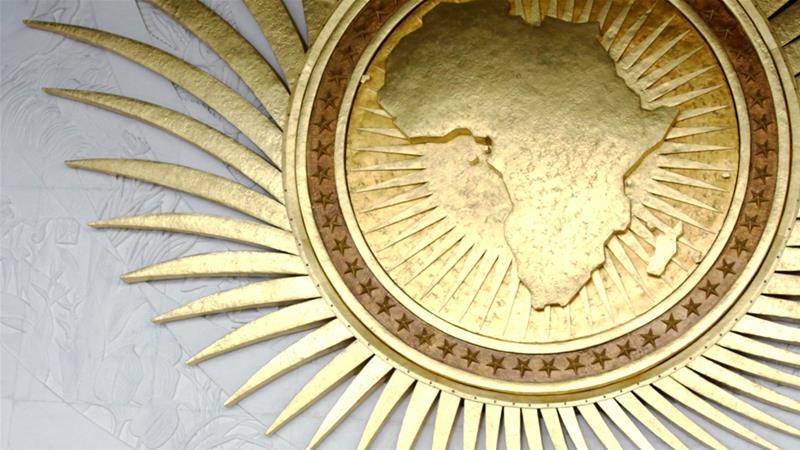The African Continental Free Trade Area (AfCFTA) agreement came into effect yesterday, without Nigeria, Africa’s largest economy, following ratification of the deal by the required 22 countries a month ago.
The trade pact will potentially cover a market of 1.2 billion people, with a combined gross domestic product of $2.5 trillion, once passed by all 55 nations recognized as part of the African Union (AU), to become world’s largest free trade zone.
Recall that the minimum threshold of ratifications by 22 African countries was achieved on April 29, 2019, when Sierra Leone and Saharawi Republic signed up to the deal, with the agreement taking effect a month later on May 30, 2019.
All that is now left is for AU and African Ministers of Trade to finalize work on supporting instruments to facilitate the launch of the operational phase of the AfCFTA during an Extra-Ordinary heads of state and government summit on 7th July 2019.Jakkie Cilliers, Head of African Futures and Innovation at the South Africa-based Institute for Security Studies, said AfCFTA would help the continent move away from mainly exporting commodities to build manufacturing capacity and industrialize.
Though Nigeria has not signed up yet, President Muhammadu Buhari is still reviewing an impact-assessment report on the deal.
Nigeria is one of three countries, including Benin and Eritrea that has not signed the deal, while 22 nations, including South Africa, have ratified the text, the next step after signing.
Trade between African countries is at 15%, compared with 20% in Latin America and 58% in Asia, according to African Export-Import Bank (Afreximbank). This could increase by 52% by 2022 and can more than double within the first decade after implementing the deal, the bank said in a report last year.

Leave a Reply